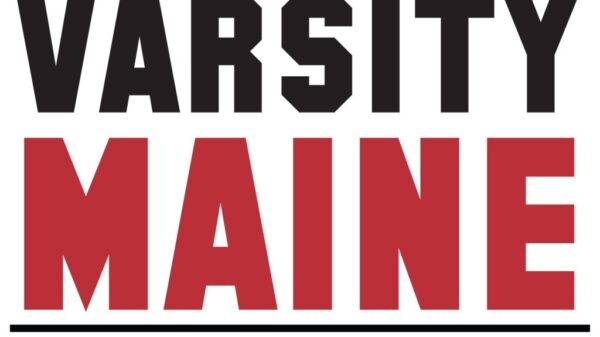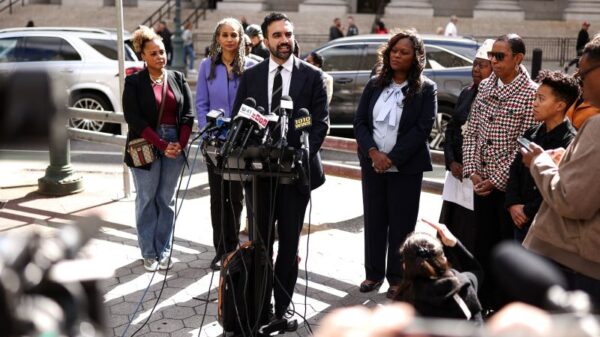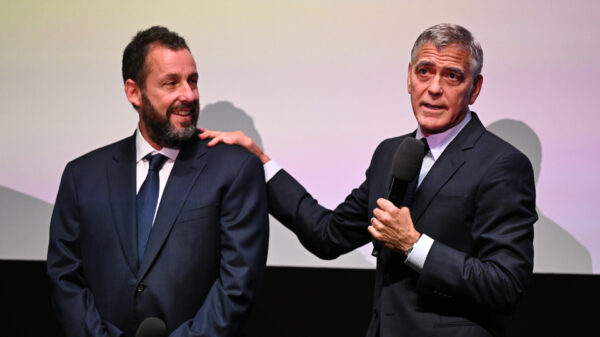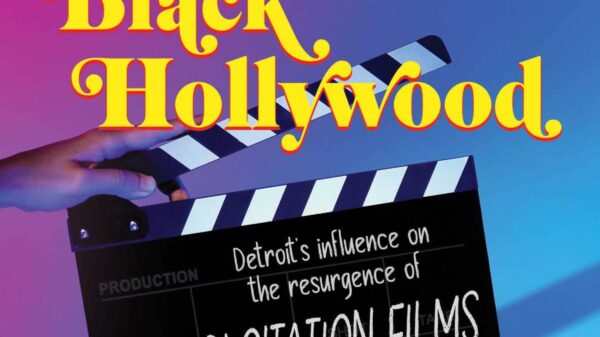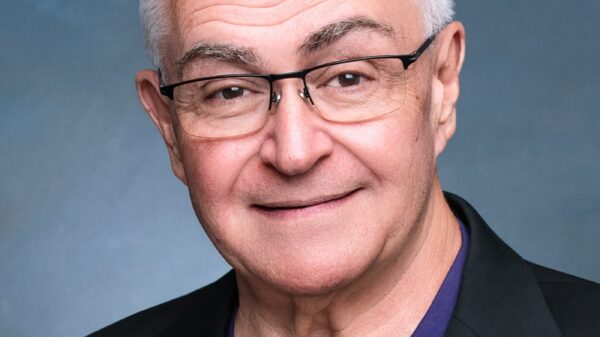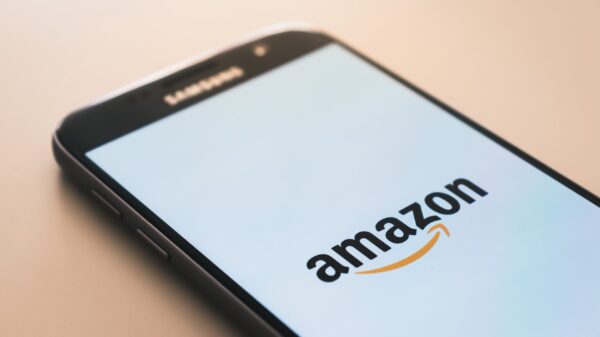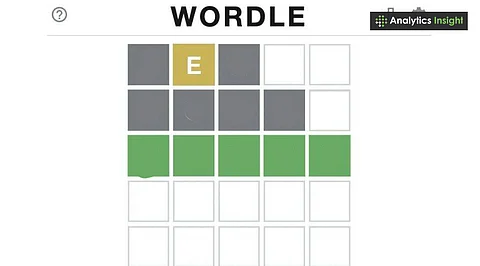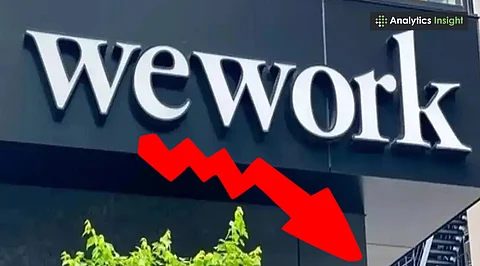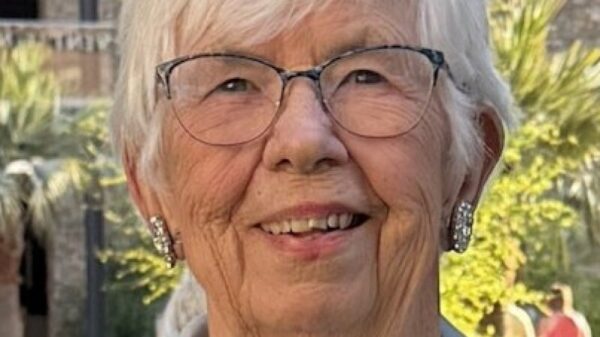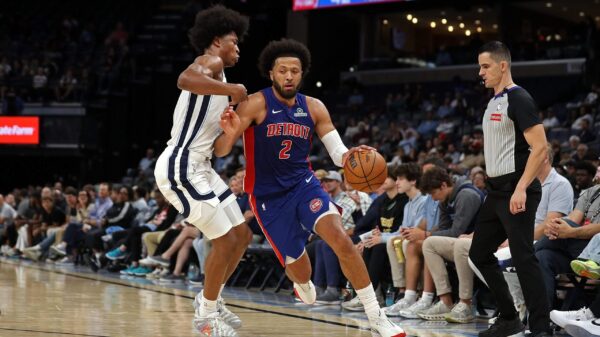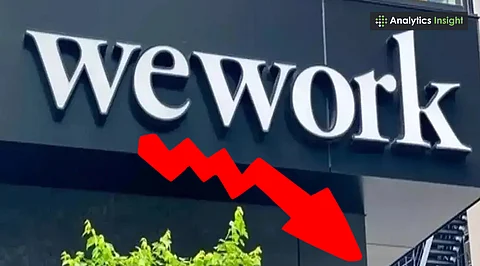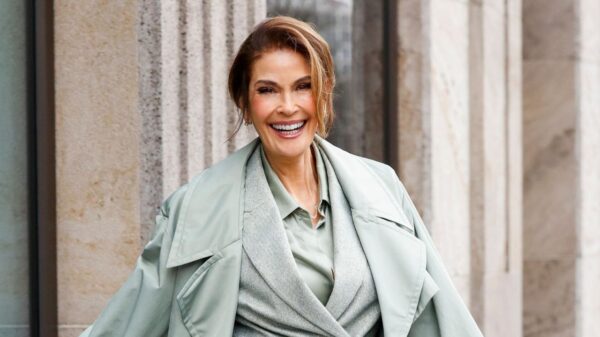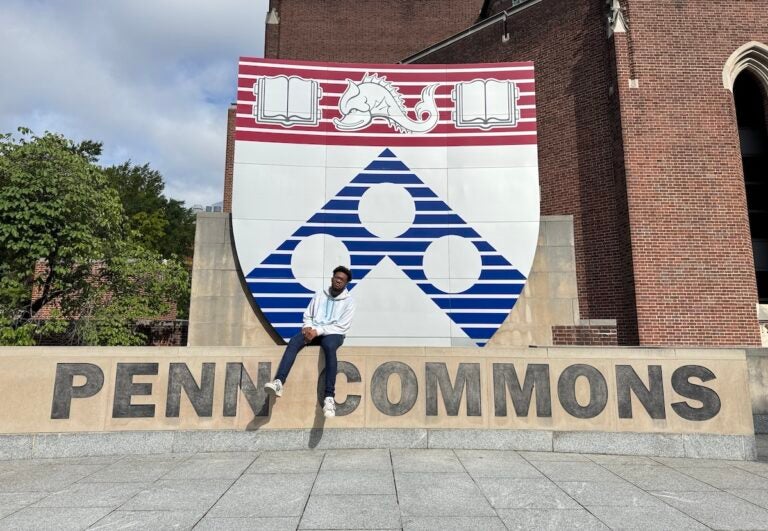The race to gain admission into Ivy League universities has intensified, leaving many students feeling overwhelmed and burnt out. With institutions like Harvard, Yale, and Princeton symbolizing academic excellence, the pressure to succeed starts at an alarmingly young age, often before children fully grasp what it means to attend these prestigious schools.
For Selah Derby, a 17-year-old high school senior, the journey began in third grade when she declared her ambition to attend Harvard. This early commitment brought with it an array of self-imposed expectations: perfect grades, flawless SAT scores, and an impressive resume. “I can’t make mistakes,” she said, a sentiment echoed by many across the country who internalize the belief that their futures hinge on acceptance into one of just eight elite institutions.
This phenomenon of “Ivy League Fever” is not isolated. Emmy McGill, also 17, describes her experience as one marked by constant comparison. “I was looking online at these videos where people were talking about their extracurriculars — insane things like internships with U.S. senators,” she recalled. The pressure to excel creates a competitive atmosphere that often feels insurmountable, where even getting A’s can feel inadequate.
According to Pawan Dhingra, author of “Hyper Education: Why Good Schools, Good Grades, and Good Behavior Are Not Enough,” this competitive culture reflects a significant shift in societal values surrounding academic success. “It starts to create a new normal,” Dhingra explained. The relentless pursuit of achievements, such as Advanced Placement (AP) courses and extensive extracurricular activities, fosters a sense of anxiety and self-doubt among students.
Social media plays a crucial role in amplifying this pressure. Platforms like Reddit, TikTok, and Instagram have transformed college admissions into a public performance where students compare their achievements against curated profiles. Emmy noted, “There’s such a culture of comparison, especially with the internet now.” The proliferation of “decision reaction videos,” where students film themselves opening acceptance or rejection letters, has made the experience even more public and competitive, turning personal milestones into viral content.
This environment leads to what psychologists term “achievement inflation,” where students feel that no matter their accomplishments, they must do more to stand out. The stakes are particularly high for Ivy League hopefuls, where acceptance rates have dwindled to single digits. For the Class of 2028, Harvard admitted just 3.6 percent of applicants, while Yale and the University of Pennsylvania admitted 3.9 percent and 5.5 percent of applicants, respectively.
The emotional toll of this pursuit is significant. Many students experience feelings of guilt and exhaustion, even after achieving what should be celebrated milestones. Emmy expressed, “I’ve almost felt guilty sometimes for doing all the things that I do and being excited about it.” Selah, too, grapples with anxiety, fearing that failure to meet her high standards will lead to a deep sense of dissatisfaction. “If I fail to succeed at what I’ve placed myself to do… I’ll just constantly go back to how I didn’t get in,” she reflected.
Dhingra warns that when the pressure to succeed originates externally rather than from a student’s genuine interests, it can lead to burnout and mental health issues. He advocates for a reframing of success, shifting the focus from the pursuit of prestigious recognition to fostering personal growth and interests. “If what you’re hoping to get out of this is academic growth along with nurturing an interest, then that’s great,” he said.
In a landscape where even the so-called “perfect” student may not gain admission to their desired institution, the fallout can be profound. The relentless chase for Ivy League acceptance can overshadow the true purpose of education. As students like Selah and Emmy navigate their futures, the challenge lies not just in gaining admission but in redefining their self-worth beyond the confines of a college acceptance letter.
Recent graduates like Ohm Desai, who attended the University of Pennsylvania’s Wharton School of Business, reflect on this paradox. “I think it’s worth it because I achieved it — not because of the intrinsic value that Wharton in itself provides,” he shared. For Ohm, the experience was less about the education itself and more about the validation of his efforts.
As students continue to chase Ivy League dreams, it is crucial to remember that true success may be more about the journey and personal development than the institution itself. The pressure to excel should not overshadow the joys of learning and growth, allowing future generations to find fulfillment in their pursuits, regardless of the college they attend.




